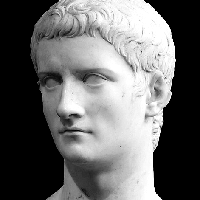Xiang Yu (項羽) typ osobowości MBTI
Osobowość
"Jaki typ osobowości jest {profilename}? {profilename} jest typem osobowości {mbti} w mbti, {enneagram} - {iv} - {tritype} w enneagram, {big5} w Big 5, {sociionics} in Socionics."
No better inferior Ni moment than thinking his death was inevitable after his only defeat, even though he could've sailed to Jiangdong - but he chose to kill himself as he couldn't morally face his compatriots in Jiangdong. "The repressed intuitions begin to assert themselves as projections upon the object"; "The pathological contents have a remarkable air of unreality, with a frequent moral or religious colouring". - Jung on inferior Ni of Se doms A person who prioritizes Ti over Se will not party like crazy every time he wins a battle. "its goal is to see how external facts fit into, and fulfill, the framework of the idea" Jung on Ti and the goal of subjective thinking "His aim is concrete enjoyment, and his morality is similarly orientated" Jung on Se Which functions sounds more like Xiang Yu? Who didn't bother learning any academics because "books are just for recording names", who gave up swords because "swords kill one, not thousands", who didn't listen to his men to stay in Guanzhong, an area of nation-building potential, because he prioritizes his homesickness and left for his hometown (Fi)?
Biografia
Xiang Yu (Chinese: 項羽; pinyin: Xiàng yǔ, c. 232–202 BC), born Xiang Ji (項籍), was the Ba Wang (霸王) or Hegemon-King of Western Chu during the Chu–Han Contention period (206–202 BC) of China. A noble of the Chu state, Xiang Yu rebelled against the Qin dynasty and became a prominent warlord. He was granted the title of "Duke of Lu" (魯公) by King Huai II of the restoring Chu state in 208 BC. The following year, he led the Chu forces to victory at the Battle of Julu against the Qin armies led by Zhang Han. After the fall of Qin, Xiang Yu was enthroned as the "Hegemon-King of Western Chu" (西楚霸王) and ruled a vast area covering modern-day central and eastern China, with Pengcheng as his capital. He engaged Liu Bang, the founding emperor of the Han dynasty, in a long struggle for power, known as the Chu–Han Contention, which concluded with his eventual defeat at the Battle of Gaixia and his suicide.
Osobowość correlate
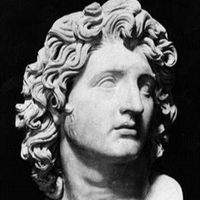
Alexander the Great

Cleopatra

Julius Caesar
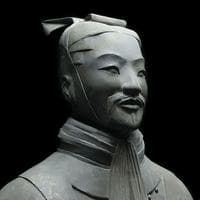
Sun Tzu

Cyrus the Great
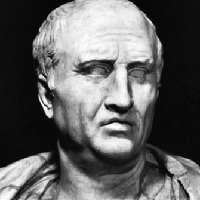
Cicero
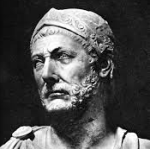
Hannibal Barca

Ying Zheng (Qin Shi Huang)

